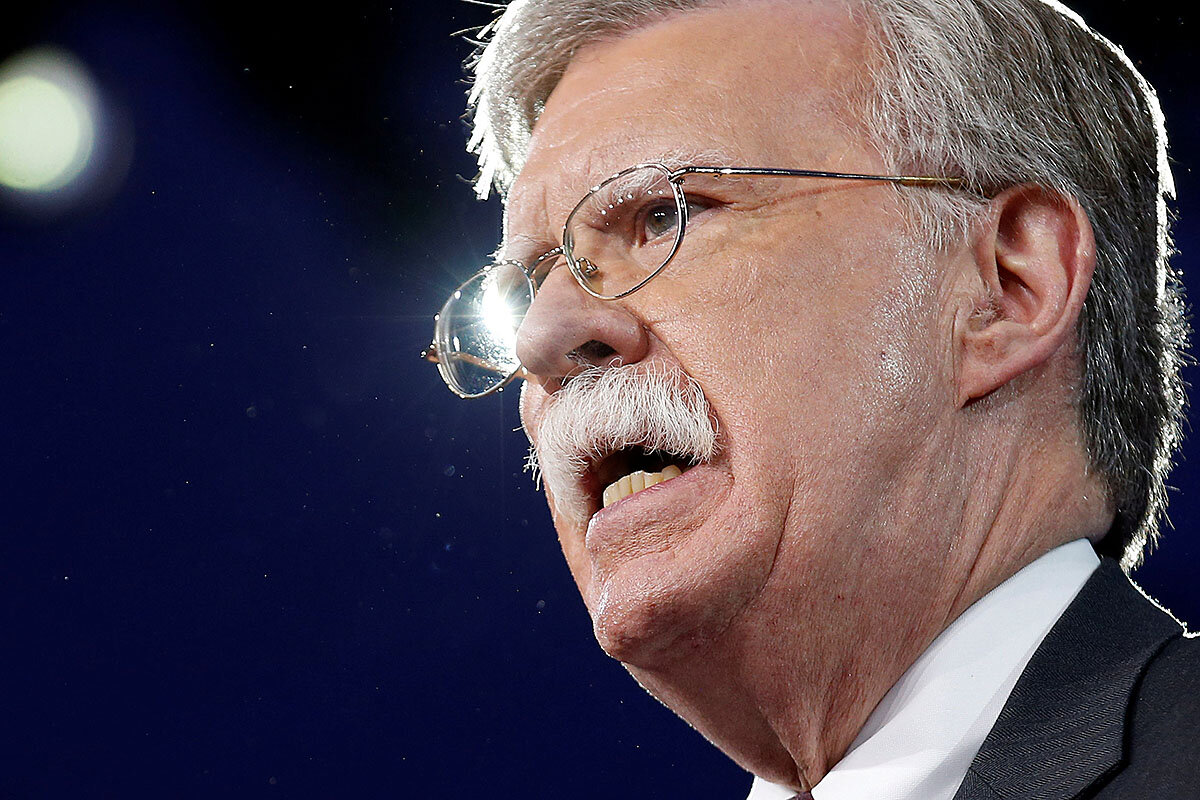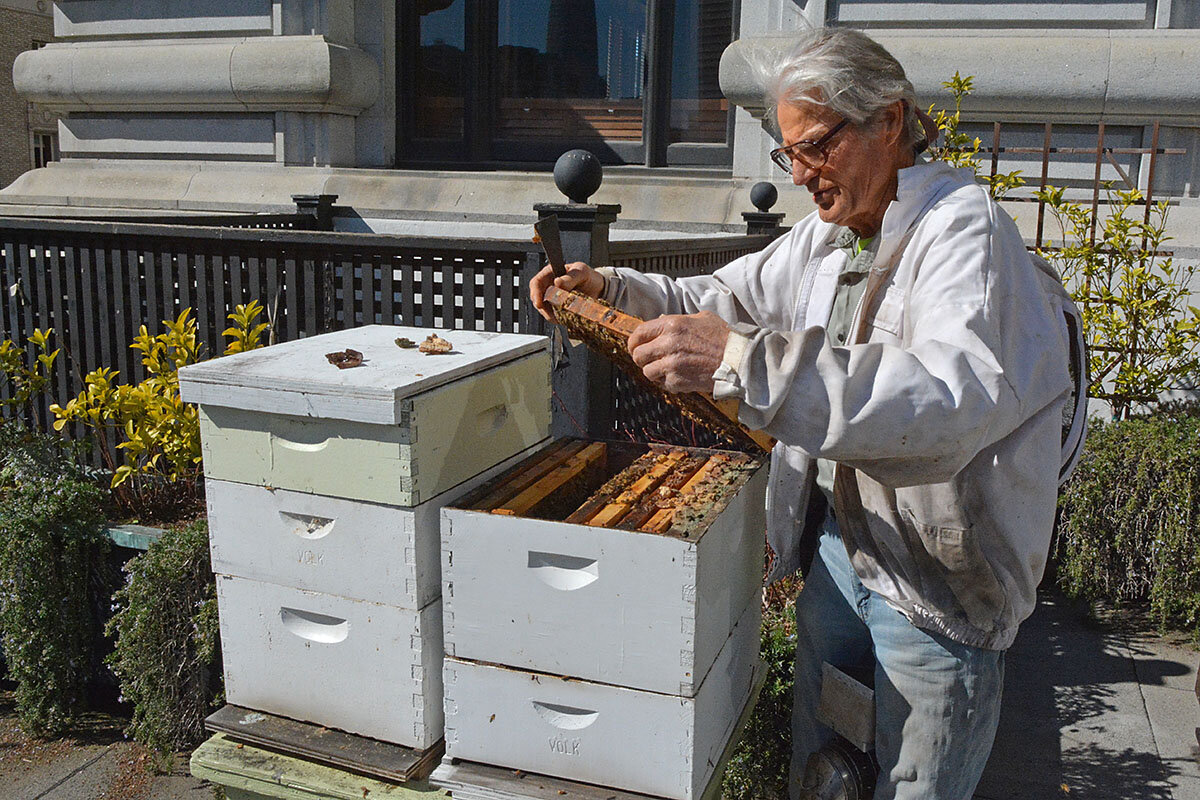President Trump’s naming of John Bolton as national security adviser was widely seen as a doubling down on the administration’s aggressive, nationalist tendencies. Perhaps that will be true. But there are also other, less-seen sides of Mr. Bolton to consider.
Monitor Daily Podcast
- Follow us:
- Apple Podcasts
- Spotify
- RSS Feed
- Download
 Mark Sappenfield
Mark Sappenfield
When Rebecca Asoulin returned from Washington and began to write her story about the March for Our Lives rally, she included three words at the top of her document:
“love love love”
Rebecca was among five college students and recent graduates whom the Monitor sent to cover the March for Our Lives rallies against gun violence in Washington and Boston this Saturday. It was a historic moment for America’s youth, and it felt like it should be covered that way.
Each of our reporters came back with a different view of the experience, yet Rebecca’s inspirational heading at the top of her draft captured the spirit that they all felt. The day was driven by tragedy, but it embodied hope.
For one of our writers, it was the indescribable feeling of being borne on a tide of humanity, all flowing through the streets for a common purpose. For another, it was the joy of seeing teens shattering the stereotype that they are disconnected and apathetic. Over the course of a day, a generation found it had power that few had ever imagined.
“People felt a sense of movement, a sense of progress,” said Noble Ingram, who also covered the Washington rally. “It would have been really easy to frame this moment through fear. But it was a call to action, framed as, ‘Let’s protect the people we love.’ ”
To read their story about the event, please click here.
Here are our stories for today. In their own way, all five ask readers to look at the world through a different lens, from the evolution of political scandal to how science itself is sometimes blind to its own biases.










